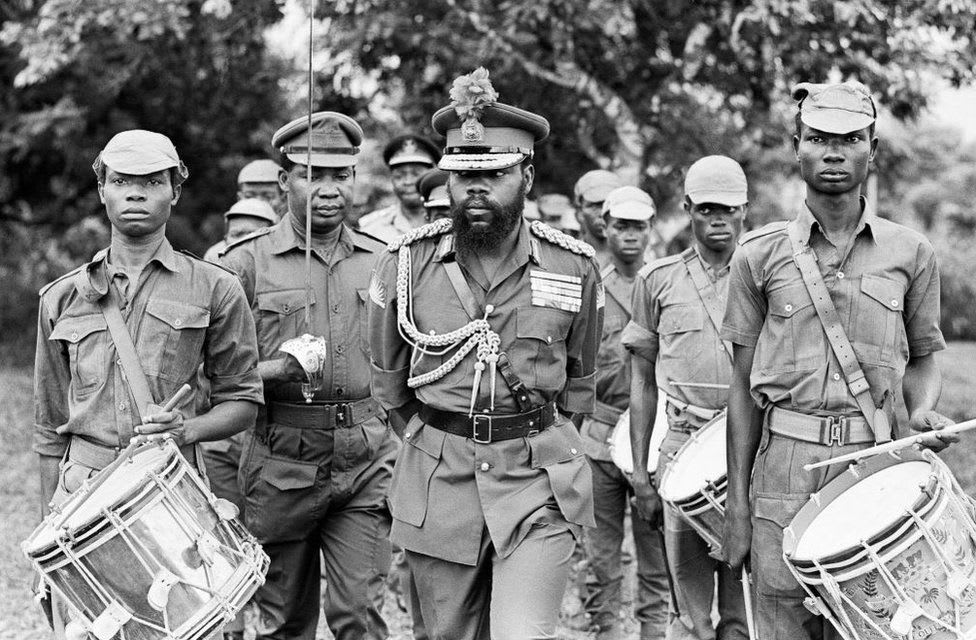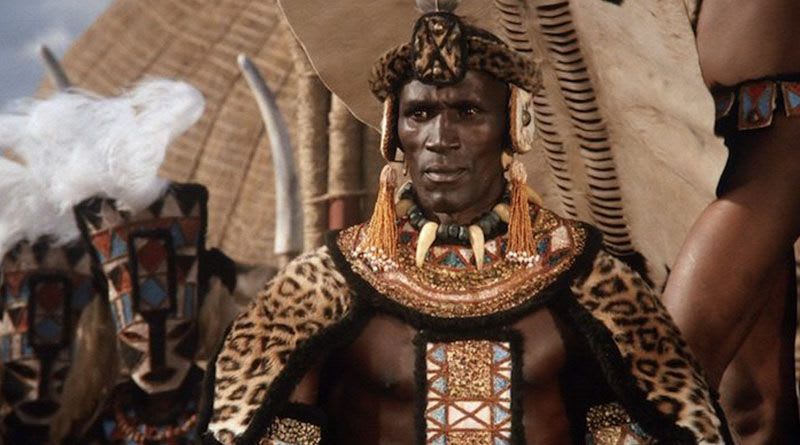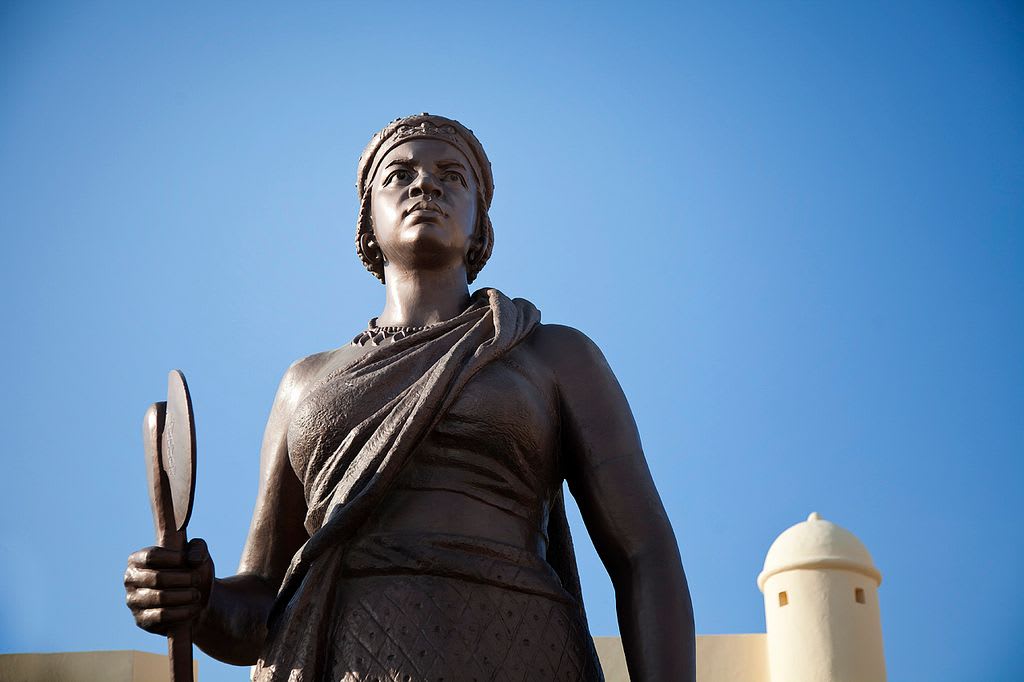Over a million people died in Nigeria's tragic Biafra war, which ended more than 50 years ago and left a mark on the country's history. On 30 May 1967, the ethnic Igbo majority of the Eastern Region, led by Emeka Ojukwu, declared independence from Nigeria. A 32-month war ensued as a result of the attempt to secede.
Although many people saw the Biafra War as a civil war, it was influenced by a number of foreign powers on both sides. France is primarily to blame for the war's extension. It was later discoveredthat France was secretly supplying weapons to Biafra in order to fight the Nigerian government.
France's Contribution
The extensionof the Biafra civil war was aided by France. Leaders of the breakaway Biafra received arms, training, and intelligence from France. Before the war, the French sent 16 Alouette and 12 T6-G helicopters, as well as two planes for training pilots, and two B26 bombers following the declaration of independence. A plane that used to belong to Air France exploded in Bissau due to the explosives it was carrying, exposing more arms smuggling.
France's backing for Biafra's war went beyond weaponry and military hardware. Food, pharmaceuticals, medical supplies, and other supplies were also flown in by the French government to aid the starving inhabitants.
At a time when the majority of the world's powers were supporting Nigeria's re-absorption of the East, France opened the way for international backing for Biafra. The French were among the first to bring the humanitarian catastrophe to the public's attention. Images and videos of malnourished children and devastated communities flooded French news outlets.
The French government also conducted a very public effort to seek relief funds for the Biafrans, with the French public raising a total of 12,600,000 francs at the time for Biafra. In retrospect, France's exploits provided Biafra with a trustworthy avenue for obtaining much-needed resources.
In total, France provided $30 million in supplies to Biafra and lent President Houphouet-Boigny of the Ivory Coast $3 million to fund Biafra operations.
However, Biafrans and Nigerians as a whole soon understood that the French backing was not genuine; the French were only interested in two things: weakening British authority in West Africa and obtaining oil.
● Weakening British Influence in West Africa.
The French participation in Biafra can be traced back to its "Francafrique" strategy, a neocolonial relationship with former colonies that opposed other imperial countries such as the United Kingdom. The war was seen as a way to diminish the British influence in Nigeria, which was bordered by French colonies. The purpose was to erode Britain and the United States' dominance in Africa.
In a region where Nigeria was the only English-speaking country, France was keen to increase its influence. France envisioned Biafra as a state that might renounce its British ties and join a powerful French-backed group of countries that included Gabon and the Ivory Coast.
● The Need for Oil
France supported Biafra because of the oil and it is interesting to note that the support was only given to a handful of Biafra bourgeoisie in exchange for oil. Only three years before the war, Biafra had granted SAFRAP, a French oil company, exploration and mining permits.
● Other Players in the Biafra War
As it battled to prevent Biafra's secession, the Nigerian federal government got assistance mostly from the United Kingdom and Russia. From their backers, both sides received large sums of money, weaponry and ammunition, and relief supplies. The United States proclaimed itself neutral, but the Soviet Union backed the Nigerian government wholeheartedly.
Despite the backing of France, Portugal, South Africa, and other countries, General Olusegun Obasanjo's Federal Forces overran Biafra. The armed war came to an end on January 15, 1970, when Biafra fighters surrendered to Nigerian forces. In the years since, France has worked to mend diplomatic and other ties with Nigeria.
● Today's Tensions
Despite the fact that the French were mainly blamed for the conflict, it can be argued that they simply exploited existing tensions. Tensions in Nigeria are still existent today. Many Igbos still feel marginalized in Nigerian politics, as no one from their ethnic group has been elected president since the civil war ended. Increasing cries of marginalization have led to the reemergence of Igbo groups fighting for secession in recent years.








